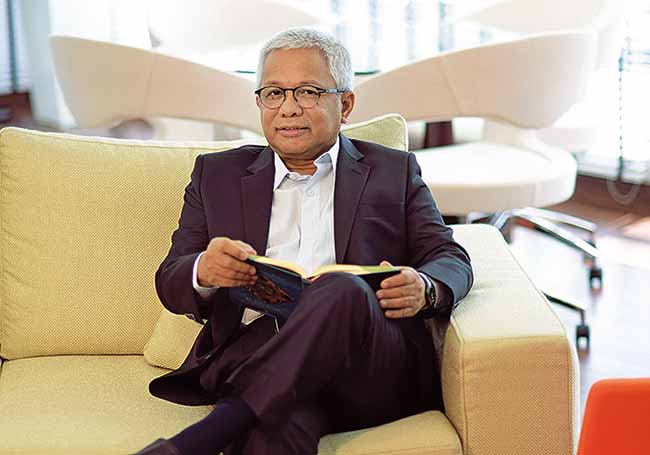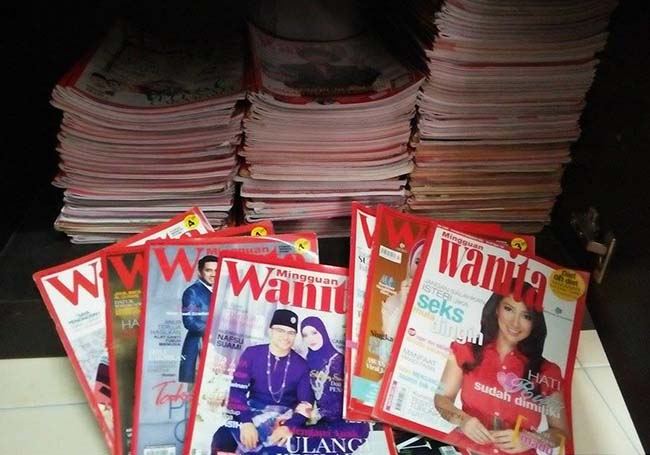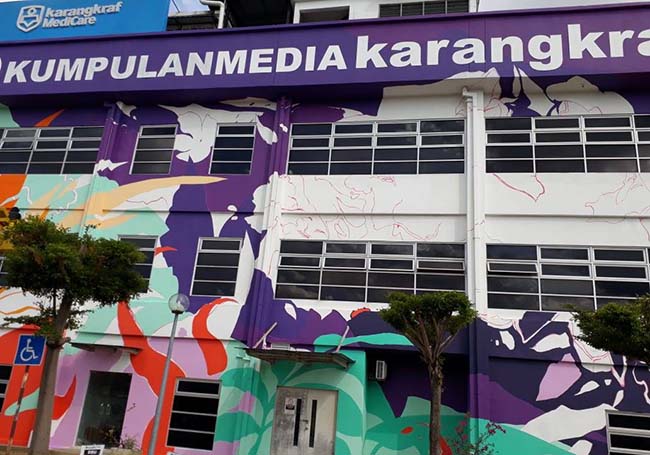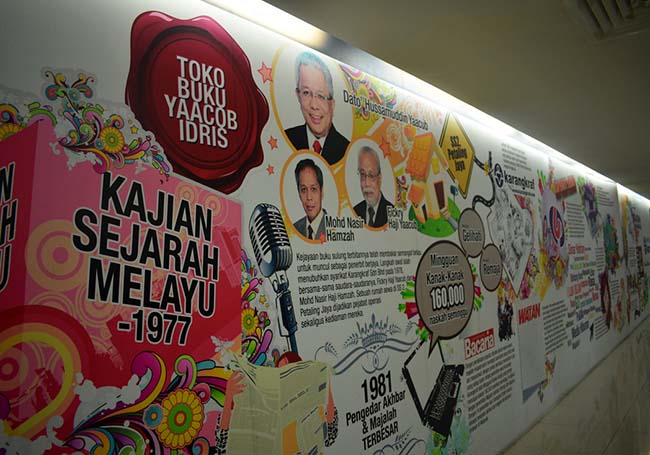
Dato’ Hussamuddin bin Yaacub is well-known in the Malaysian media industry. He is the chairperson and managing director of Kumpulan Media Karangkraf. Karangkraf publishes 13 magazines, Sinar Harian daily newspaper, and a book division.
Hussamuddin began his publishing career in 1978 with a weekly magazine for children called Mingguan Kanak-Kanak. In the 90s, the publishing business grew through Alaf 21 and Karya Bestari with novels and books of various genres. Subsequently, the group’s foray into the commercial printing business started
Since then, the publishing house has grown leaps and bounds to become one of the largest entities in the Malaysian media landscape.
This Bernama article was published in 2011 in our sister site Komunitikini. We are republishing the article in three parts starting today to provide readers with valuable information on how to grow in business. This is the second part.
Experience speaks

His love of reading and his experience managing his father’s business contributed to his friendly personality.
While managing his father’s bookstall, he interacted extensively with the customers.
“I made numerous friends and got to know their tastes in books,” he said.
When he delved into publishing, he did plenty of research into the interests of magazine and book readers.
“My products sell like hot cakes because I know what my readers like,” said Hussamuddin.

He went through a similar process before setting up his own printing company.
“I hired someone to print my books and magazines for ten years. Every month I paid them RM1 million to print. I watched the entire process.
“I was taught to mingle with the supplier and retailer from a young age. And since I was one of their biggest customers, I was allowed into the factories to study their methods and processes.”
Although he did not work for the printing companies, he said this was a form of apprenticeship.
He also researched the best and latest printing technologies.
“When I finally went into the printing business, I had an RM1 million business that was better than those I learned the trade from,” said Hussamuddin owns Ultimate Print Sdn Bhd, the largest commercial printing company in Malaysia.
Apprenticing
Hussamuddin strongly believes that those wishing to enter business should undergo an apprenticeship first.
“If you are an engineer and want to start a company — say, to repair air conditioning units — first do a stint of six months or one year at an existing setup. It’s all right to delay your dream a bit.
“If you start a business without experience, you will lose. If you have capital of RM100,000, you may lose it all,” he said.

Hussamuddin admires the Chinese’s work ethic, alongside whom he worked when he was young.
He observed that Chinese traders tended to bring their wives and children to the shop whatever business they engaged in — running a grocery store, a coffee shop or a supply store.
The children would do their homework while exposed to business tasks such as managing the shop or becoming cashiers.
“The workers would be so well-trained that in 10 years, they could open their own business,” he said.
“Although he was only a worker during those ten years, the suppliers already knew him. Half of the employer’s customers would go to him when he started a business.
“This is the business synergy of the Chinese, which will give his business a 99 per cent probability of success.
He said many successful Chinese people in business started as apprentices but had the discipline and were good financial managers.
Good financial management

He said those who do business need to understand what is sales and what is profit.
“I noticed that if my father made a sale of RM40 that day, his income was not RM40. His profit was perhaps RM4, and he did not spend the RM4. He would spend just RM1.
“Nowadays, I see that when a person is awarded an RM1 million project, he thinks he has made a profit of RM1 million. He buys the big house, the big car, and the big-screen TV.
“In actuality, if he has an RM1 million project, his profit is perhaps only RM100,000. If he spends that RM100,000, he won’t be able to work on another project,” Hussamuddin explained.
Talking about his personal experiences, Hussamuddin said he still tightly controls expenditures even though he owns most of the company shares.
“I have a fixed salary. When we do business, we must make ourselves employees. Please don’t assume that all the money is ours to take.
The final part will be published on Monday











